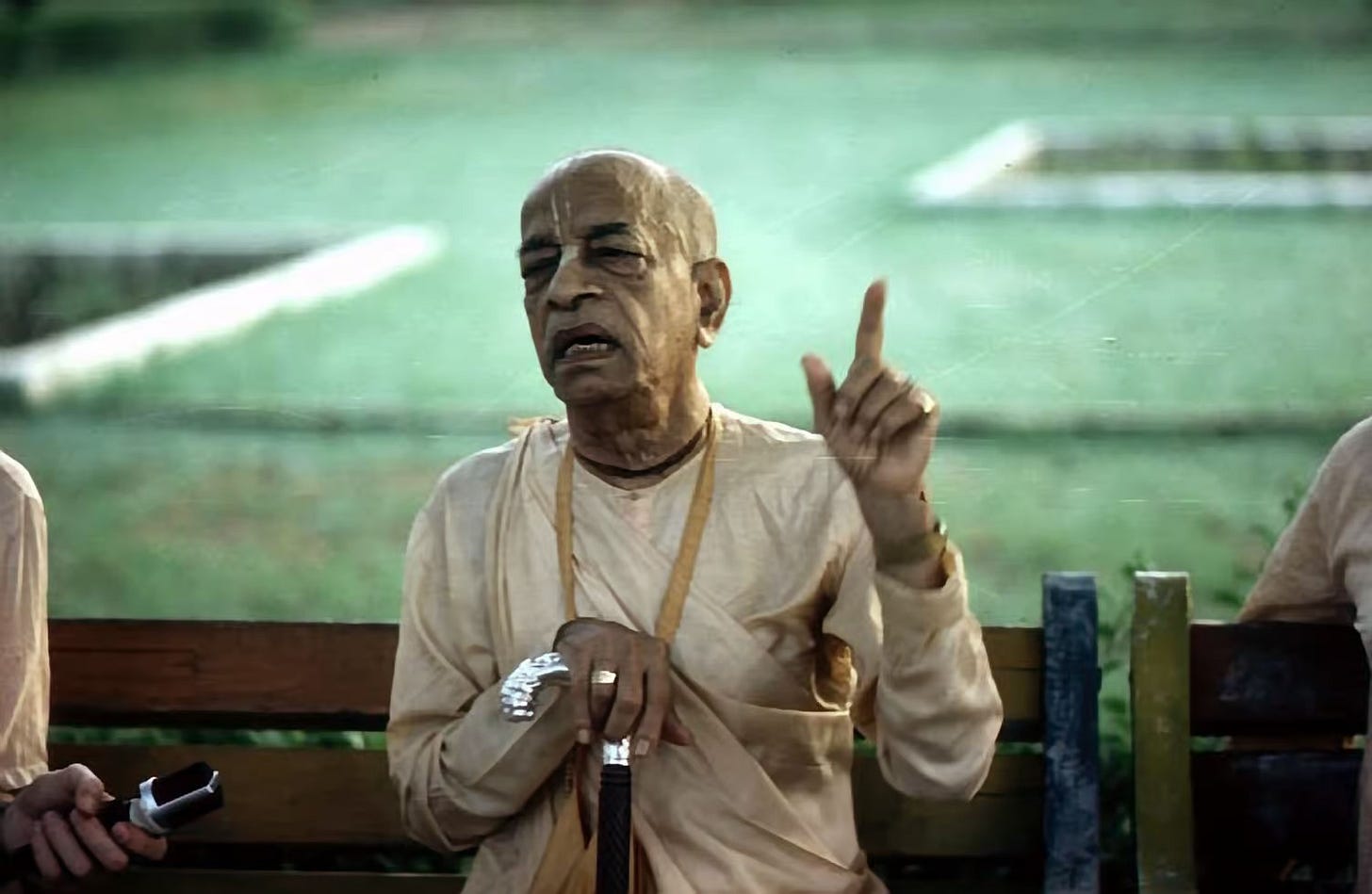Śabda-brahman is not simply the mechanical repetition of what has been said before.
For the conditioned souls, our access to śabda-brahman is faithfully reproducing the statements of śastra and the ācāryas, yes.
However:
Kṛṣṇa says to Arjuna: "He quickly becomes righteous and attains lasting peace. O son of Kuntī, declare it boldly that My devotee never perishes." (Bhagavad-gītā As It Is 9.31)
When Arjuna declares this, it becomes reality. Śabda-brahman is speaking that perfectly describes (repetition) and creates (declaration) reality.
We do not find the statement in śastra prior to the declaration. It is not a callback, it is a creation.
The speaking of the pure devotees is śabda-brahman and perfectly describes and creates reality.
We may find the statement in what has come before (śastra) or we may not. Just because we do not hear (by reading it in śastra) Śrī Kṛṣṇa say to his pure devotee: "Declare this boldly..." does not mean that He does not instruct His devotee to say it.
To reduce the pure devotee to a conditioned soul like us, and demand that every statement be a mechanical reproduction of what has come before is to consider the ācārya an ordinary man: "he is just someone like me who knows a few more ślokas".
This is very unfortunate.
ācāryaṁ māṁ vijānīyān
navamanyeta karhicit
na martya-buddhyāsūyeta
sarva-deva-mayo guruḥOne should know the ācārya as Myself and never disrespect him in any way. One should not envy him, thinking him an ordinary man, for he is the representative of all the demigods.
— Śrīmad Bhāgavatam 11.17.27
His speech is unprecedented, for precedent is the speech of those ācāryas who have come before and creates reality as it is.
He faithfully reproduces, and also creates through his speaking.
To attempt to subordinate his generative power with logic and by jumping over him to predecessor ācāryas is to treat him as an ordinary man. We may not be able to create with our speaking, by declaring as Kṛṣṇa directs us directly — but he does.





Excellent!